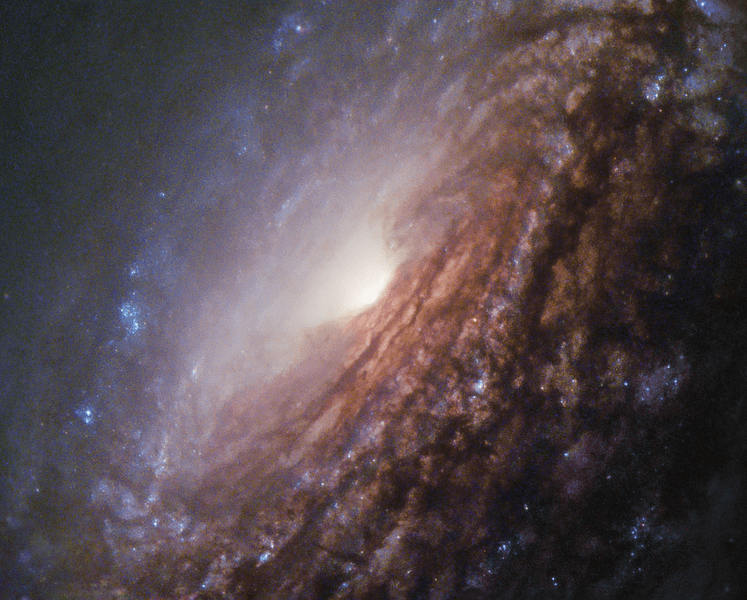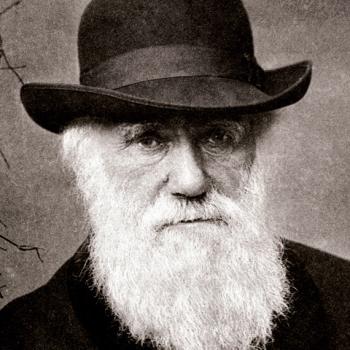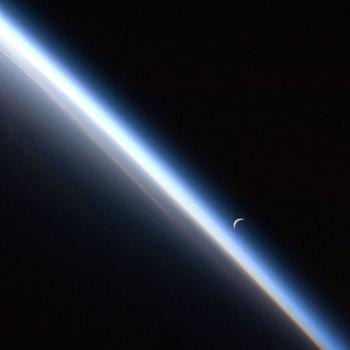
I offer here a few passages that I’ve extracted for my notes from Alister E. McGrath, A Fine-Tuned Universe: The Quest for God in Science and Theology (Louisville, KY: Westminster John Knox Press, 2009):
Since the seventeenth century, it had been widely assumed that no special initial conditions were required for the emergence of a life-bearing universe. Yet in the last few decades, it has become clear that this is not the case. There has been a growing realization of the extraordinary degree of contingency for the initial conditions of the universe, if heavy elements, planets, and ultimately complex life were to develop. (xi)
The great American pragmatic philosopher Charles Pierce held that the observation of “surprising facts” was the stimulus that catalyzed the process of “forming explanatory hypotheses” that he termed “abduction.” This sense of “puzzlement” appears to be envisaged as something intuitive, rather than deductive. Abduction, for Pierce, “comes to us like a flash,” as an “act of insight.” It is, nevertheless, elicited by observation and the process of reflection that it stimulates — above all, when something that is observed is held to be puzzling. (83)
This work is concerned with identifying and exploring a series of such “surprising facts,” observed within the natural world, which force further discussion of some of the most fundamental questions of life. (85)
Dr. McGrath cites a comment from the late great cosmologist Stephen Hawking:
Why is the universe so close to the dividing line between collapsing again and expanding indefinitely? In order to be as close as we are now, the rate of expansion early on had to be chosen fantastically accurately. If the rate of expansion one second after the Big Bang had been less by one part in 1010, the universe would have collapsed after a few million years. If it had been greater by one part in 1010, the universe would have been essentially empty after a few million years. In neither case would it have lasted long enough for life to develop. Thus one either has to appeal to the anthropic principle or find some physical explanation of why the universe is the way it is.
He then offers a clarification for non-scientists:
For theologians and philosophers unfamiliar with the mathematical annotation, Hawking is suggesting that a difference of one part in ten billion in the rate of primal cosmic expansion would be sufficient to prohibit the emergence of life. (85)
Roger Penrose also speaks of an “extraordinary degree of precision (or ‘fine-tuning'” required for life. (85)












